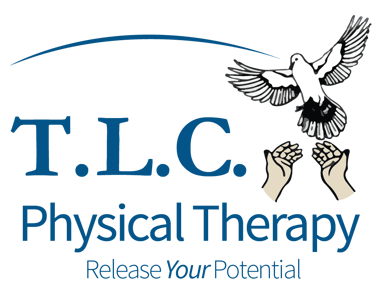Navigating Recovery: Managing Sports-Related Head Injuries
Delve into the crucial steps of recovering from sports-related head injuries with TLC Physical Therapy's comprehensive guide! Discover insights on diagnosis, treatment, and personalized care, designed to aid athletes in Staten Island, Brooklyn, and Manhattan. Empower yourself with knowledge and expert advice as you embark on your journey to optimal recovery. Read now and take charge of your path to wellness!
Jason Lamendola PT
5/7/20242 min read


A Comprehensive Guide to Treatment and Recovery
Sports activities such as football, basketball, hockey, skating, rugby, cycling, and others often lead to head injuries, including concussion—a form of minor traumatic brain injury. Signs of a head injury can range from unconsciousness to confusion and memory problems, signaling potential brain malfunction. While neuroimaging can aid clinical diagnosis if necessary, it's not always mandatory, especially if there are no signs of structural brain damage. Jason Lamendola PT and the team at TLC Physical Therapy go through a few key points about head injuries and physical health.
Dealing with a head injury can be confusing and stressful. Unlike minor ailments detectable with basic laboratory tests, there's no one-size-fits-all diagnostic for head injuries. Recovery can be unpredictable, especially for athletes dealing with concussions. They may be grappling with questions like when they can return to their sport, the risks of resuming play, alternative activities to maintain fitness, and concerns about future performance.
Head Injury Treatment and Recovery
After experiencing a head injury, understanding the recovery process is crucial. The duration and specifics of recovery vary depending on the severity of the injury and individual factors such as overall health. Seeking immediate medical attention post-injury is essential; ignoring symptoms and returning to sports prematurely can increase the risk of further injury. Research indicates that 90% of recurrent concussions occur within seven to ten days after the initial injury. Second-impact syndrome (SIS), a rare but serious condition, can occur if a second concussion happens before full recovery from the first.
Studies suggest that collegiate athletes often resume baseline performance within two weeks, while high school athletes may take longer, with about half achieving full recovery within two weeks. However, each injury and recovery process is unique; some may take longer, and persistent symptoms may indicate post-concussion syndrome, requiring patience and careful monitoring before resuming sports.
Persistent Symptoms and Treatment
Persistent symptoms post-head injury may necessitate a combination of cognitive and physical therapies. Professional physiotherapists at TLC Physical Therapy offer specialized, interdisciplinary treatment programs to address post-concussion syndrome symptoms. These programs are tailored to each patient's needs, focusing on comprehensive rehabilitation to promote recovery and prevent future complications.
In conclusion, managing sports-related head injuries requires understanding the recovery process, seeking timely medical attention, and adopting a patient-centered approach to treatment. With TLC Physical Therapy's expertise and support, individuals can navigate their recovery journey effectively, prioritizing their long-term health and well-being.
Are you ready to enhance your recovery journey with a comprehensive approach? Reach out to TLC Physical Therapy today at one of our Staten Island, Brooklyn, or Manhattan offices. Our team of dedicated professionals is here to support you every step of the way, offering personalized care plans that address your specific needs. Visit our website to learn more about our services or contact us directly to schedule a consultation. Let us help you achieve optimal health and wellness as you navigate your path to recovery!
